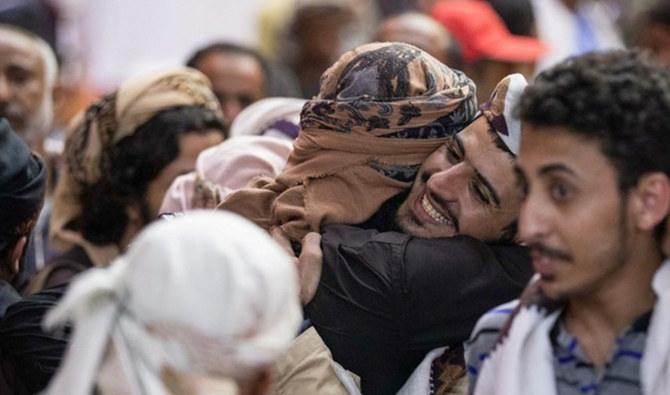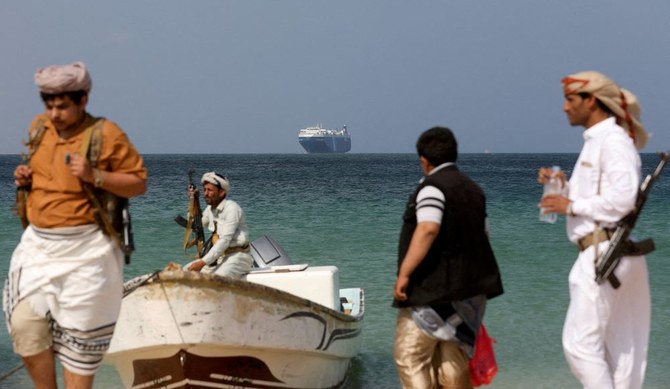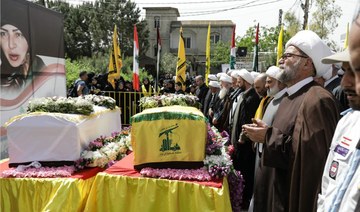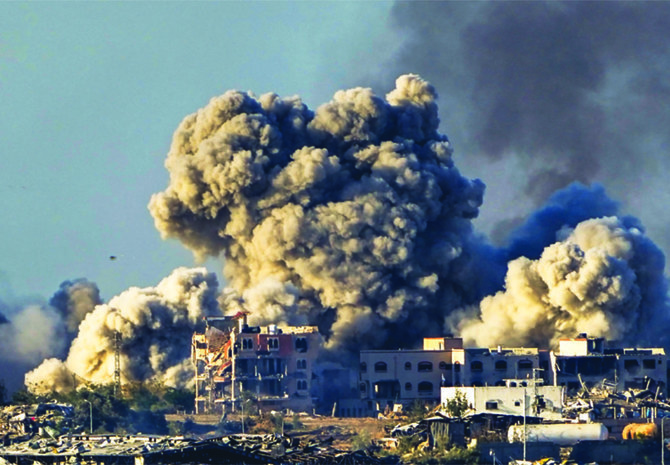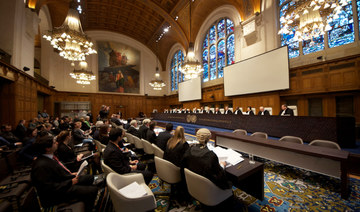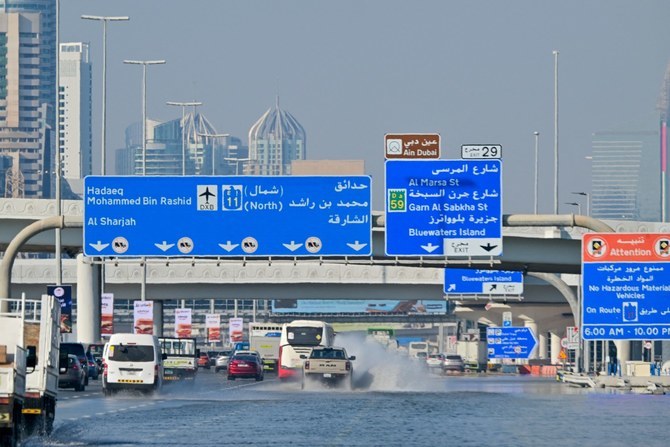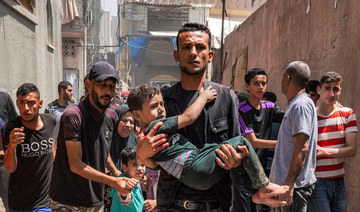AL-MUKALLA: Yemen’s warring parties and the International Committee of the Red Cross have completed preparations for a three-day prisoner exchange operation, which will commence on Thursday, a Yemeni government negotiator told Arab News on Tuesday.
Majed Fadhail, a member of the government’s delegation to prisoner exchange negotiations, said the ICRC had completed meeting and verifying the names of the would-be freed prisoners and that the ICRC’s planes will begin transferring dozens of Yemeni government prisoners on Thursday, including former Defense Minister Mohammed Al-Subaihy and the former president’s brother Nasser Mansour Hadi, from the Houthi-held Sanaa International Airport to Aden. The plane would then fly back to Sanaa, carrying more than 200 Houthis, he added.
On the second and third days, ICRC aircraft will transport detainees from Sanaa, including prisoners from the Arab coalition and four journalists, to Yemen’s Marib, Aden, and Mokha airports, as well as Saudi Arabia’s Abha and Riyadh airports, and would return Houthi prisoners from those airports to Sanaa.
Last month, the Yemeni government and the Houthis reached an agreement, mediated by the UN, in Switzerland to exchange more than 800 detainees, including four journalists on execution row and prominent political and military figures.
Early this month, the Houthis agreed to Saudi peace proposals to exchange all prisoners with their opponents, open roads in the besieged city of Taiz, and stop attacking oil facilities in government-controlled southern Yemen in exchange for lifting restrictions on Sanaa Airport and Hodeidah‘a port, the Yemeni government sharing oil revenues with them, and paying public employees in the area they control.
Observers in Yemen say that the Houthis, who have long resisted peace proposals and demands to end their siege of Taiz, abruptly reversed their position on peace efforts out of fear of losing the support of Iranians who reconciled with Saudi Arabia.
Separately, the UN Mission to Support the Hodeidah Agreement has recorded 17 civilian casualties in March as a result of detonations of land mines and explosive remnants of war in various Houthi-controlled districts in the western province of Hodeidah.
The UN observers said land mines killed eight civilians, including a woman and a child, and injured nine others in Hodeidah’s Al-Hali and At Tuhayta districts, representing a 21 percent increase in human casualties in the province compared to the same month last year and a 19 percent decrease compared to February 2023.
They added that between March 2022 and March 2023, 99 Yemenis were killed and 209 were injured in land mine and other explosive incidents in Hodeidah province.
Yemeni deminers and others from the Saudi-funded demining program say that hundreds of Yemeni civilians had been killed and hundreds injured in land mine explosions around the nation and that Hodeidah was the most contaminated Yemeni province, where the Houthis had planted thousands of land mines over the previous six years.
Yemeni Landmine Records, a group that keeps track of civilian land mine casualties in the country, said this month that Houthi-laid land mines and explosive remnants of war had killed at least 349 Yemenis and injured 523 in 11 Yemeni provinces since January of last year.
Meanwhile, the Yemeni government’s Executive Unit for IDP Camps said that 5,018 people, or 1,209 families, were displaced from their homes and tents in Marib, Shabwa, Hodeidah, and Taiz in March as a result of the sporadic fighting between the Yemeni government and the Houthis.



